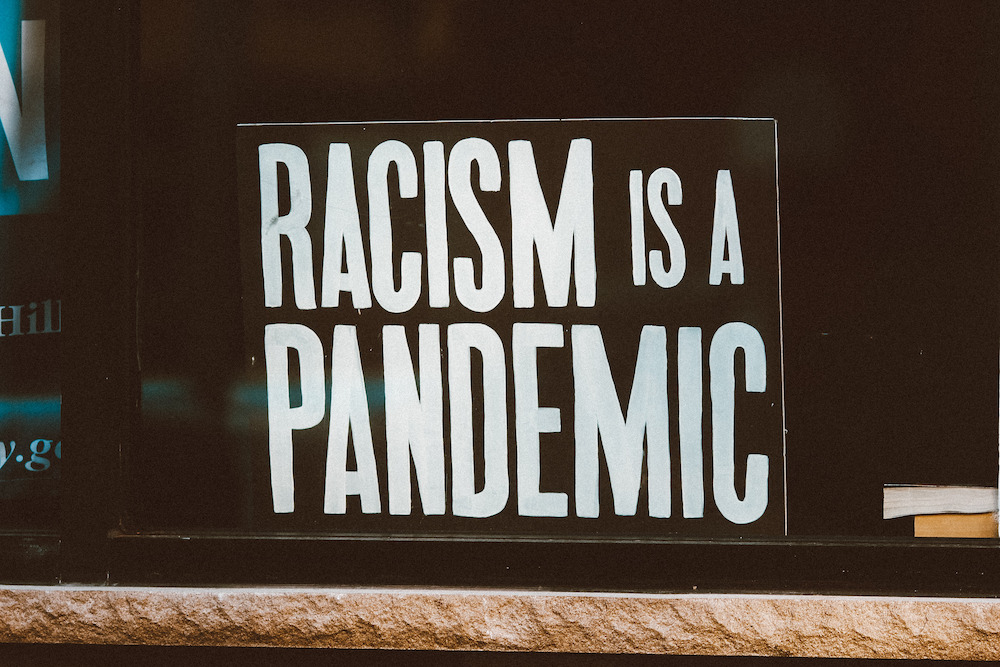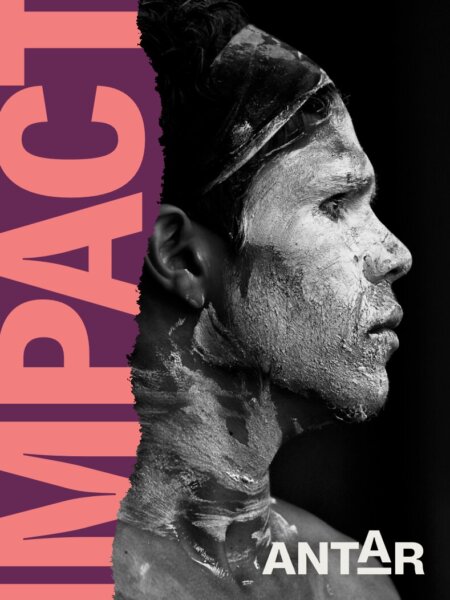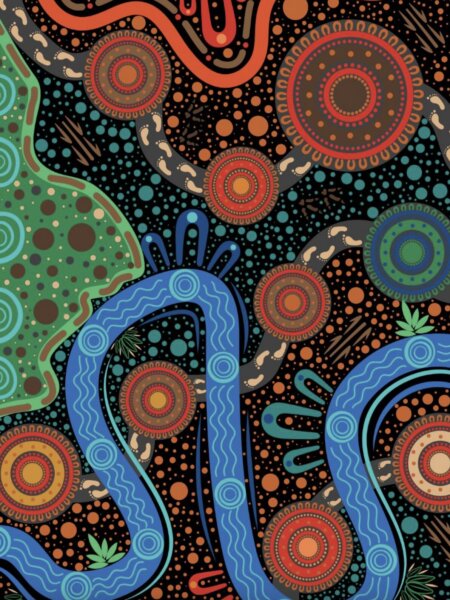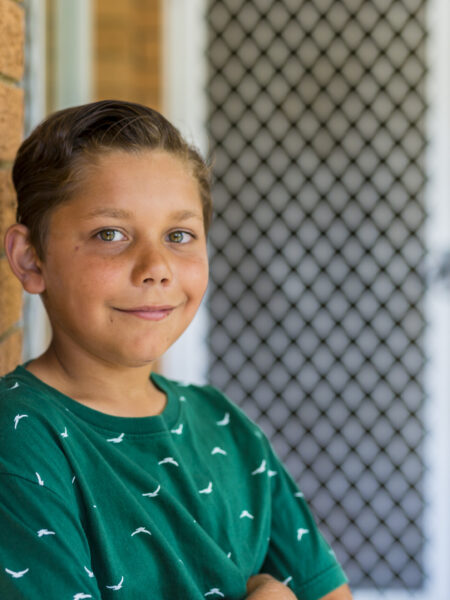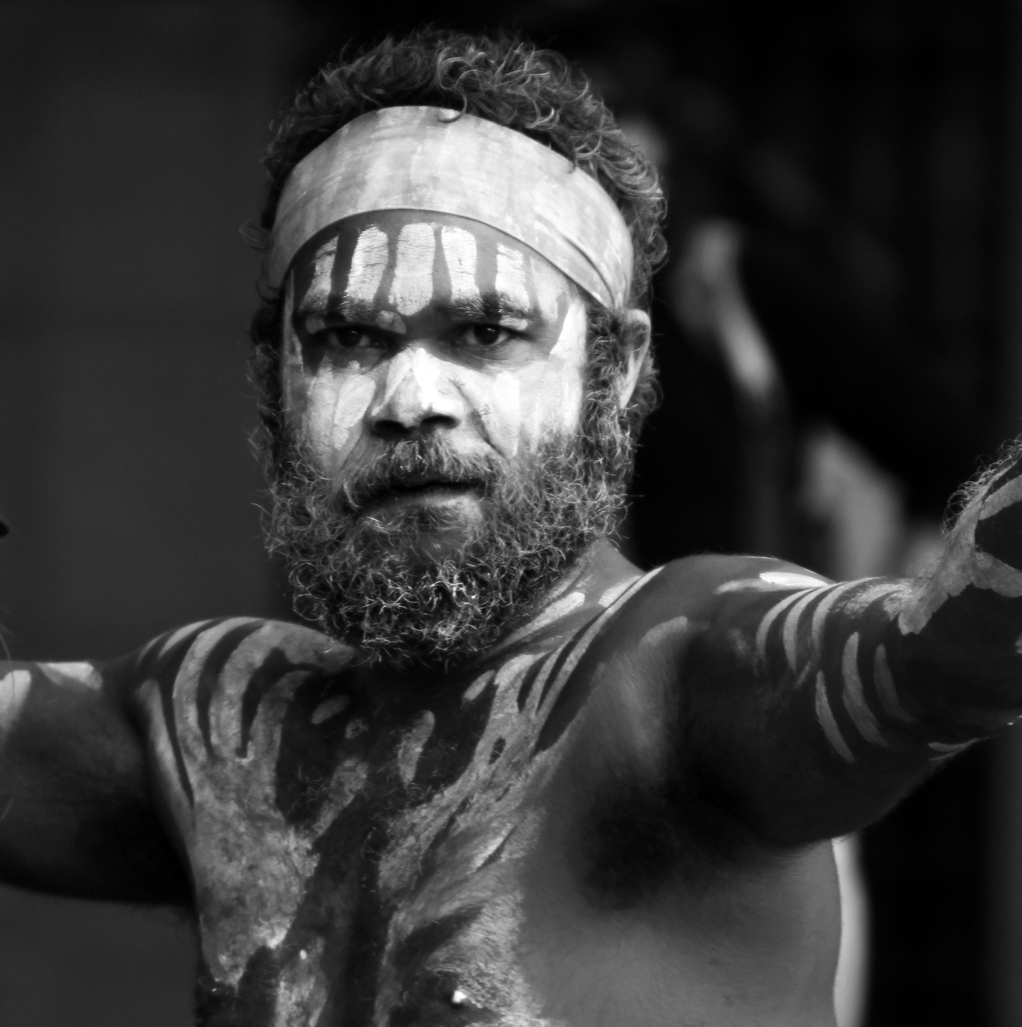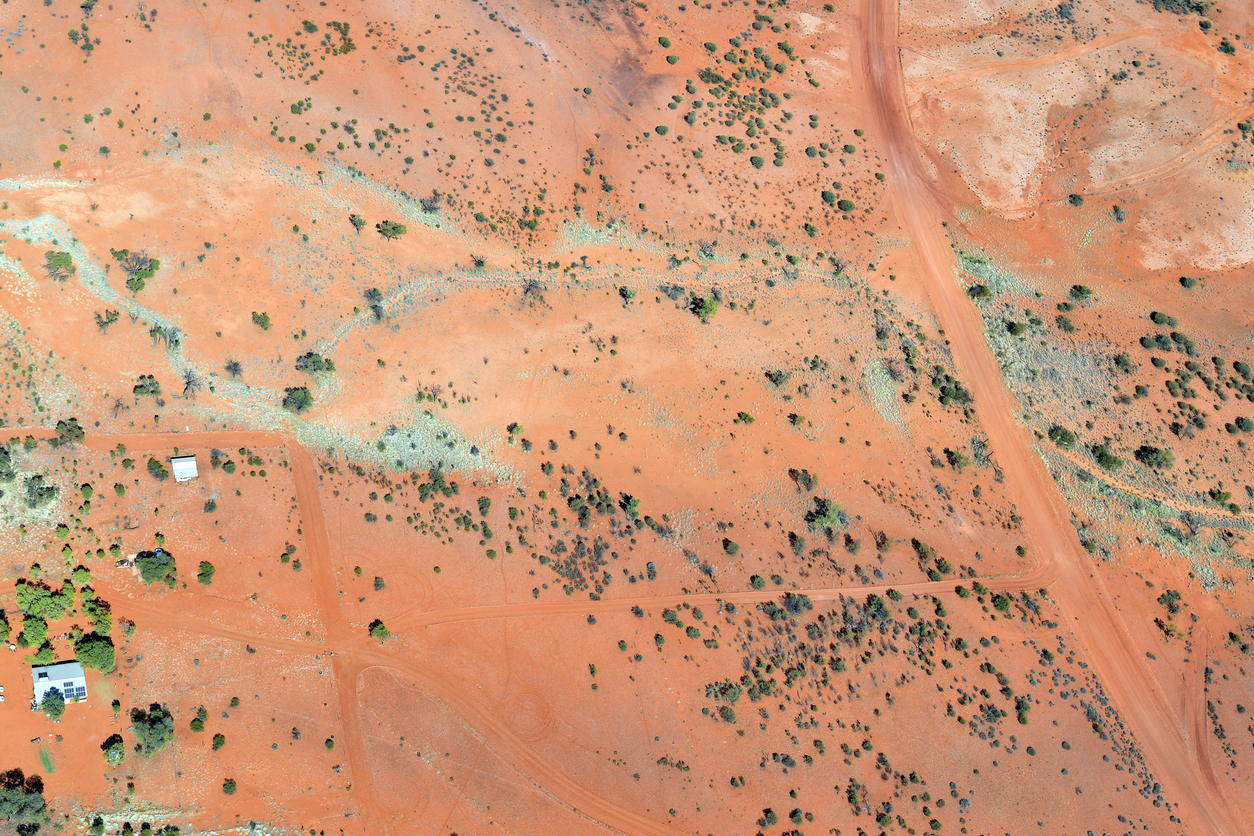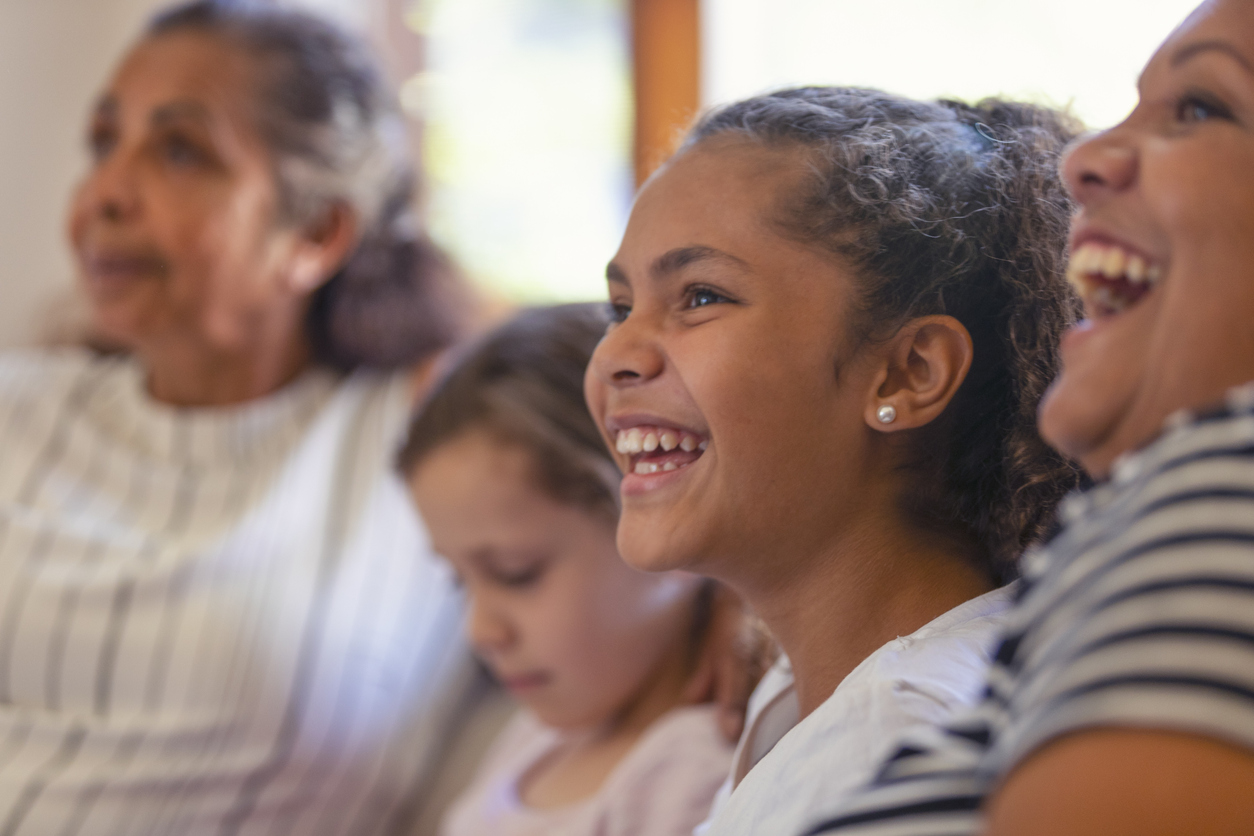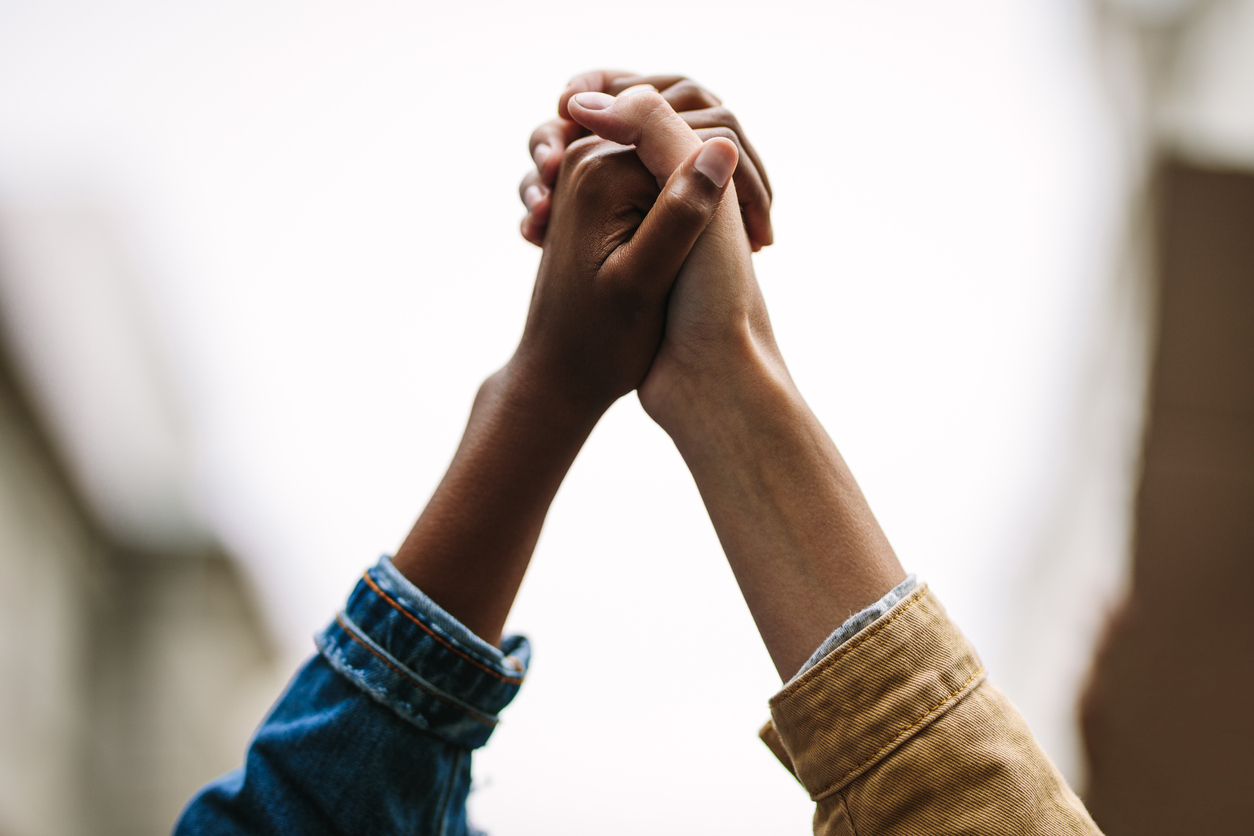What is systemic racism?
Systemic racism refers to the direct or indirect racism and discrimination that is embedded in the structures and institutions that make up our society (think governments, educational institutions, law courts, policing, health care, prisons, and so on). According to Racism. It Stops With Me, systemic racism is:
“When the policies and practices of institutions result in unfair treatment of some groups compared to others. Like everyday racism, systemic racism does not necessarily target a particular person.”
Systemic racism can present in two different ways:
- Institutional racism This is when racism is established as a normal behaviour within an organisation or society. It often results in discrimination by people who are doing jobs that others have given to them. For example, police are sometimes criticised for racial profiling, and police agencies now make efforts to eliminate institutional racism;
- Structural racism This refers to inequalities found in societies that tend to exclude some groups of people. For example, when certain groups are under-represented in fields like the media, the legal profession, or politics, it can lead to inequalities in other areas too.
In particular, systemic racism tends to be intersectional, meaning already marginalised groups can tend to get stuck in inter-related cycles of disadvantage due to racial discrimination. For example, a First Nations young person who has been unfairly discriminated against on racial grounds by potential employers or who is facing systemic barriers to access secure housing can find themselves at heightened risk of contact with police or the criminal justice system. These disadvantages can be further compounded by other factors including gender, poverty, illness, disability and education.
Education, justice and more
Victoria’s Yoorrook Commission – Australia’s first official formal truth-telling commission – found that systemic racism persists in the Victorian child protection system, with Commissioner Kevin Bell calling the shamefully high rates of First Nations children being removed from their families in Victoria proof that a “pressing problem of racism” is persistent in the sector. Similarly, Victoria Police Chief commissioner Shane Patton faced the Yoorrook Commission and apologised to First Nations families, stating that “as a result of systemic racism, racist attitudes and discriminatory actions of police have gone undetected, unchecked, unpunished or without appropriate sanctions and have caused significant harm across generations of Aboriginal families”.
Similarly, a Monash University study led by Indigenous Studies Centre Director and Palawa woman Professor Kyllie Cripps has found systematic racism within Australia’s justice system is linked to the deaths of 151 First Nations women. The study looked at policing practices across Australia and found them to be underpinned by systematic racism, highlighting the need for greater accountability of law enforcement to help stamp out systematic racism and to better respond to the needs of First Nations girls and women who are disproportionately at risk of violence and death.
A November 2023 report titled ‘Let us learn: Systemic inquiry into the educational experiences of children and young people in out-of-home care’ was tabled in the Victorian Parliament on Thursday 16 November 2023. The report finds racism at Victorian schools is impacting First Nations children in care, and they are facing barriers – including racism – that maintain the gap in education outcomes. According to the report, data from the Department of Education showed First Nations children experience racism and low expectations which has helped contribute to substantial disparities in educational outcomes.
Commissioner for Aboriginal Children and Young People, Meena Singh, said racism at school can often lead to a disengagement with schooling, with ongoing negative outcomes in the long term. “We need to challenge and ultimately dismantle damaging negative stereotypes about Aboriginal children and young people’s lack of education potential and aspiration if they are to flourish, especially for Aboriginal children and young people in care”, Ms Singh said.
The experience of racism itself is traumatising, and if it’s left unaddressed or not responded to, it can leave emotional scars for Aboriginal children and young people that will impact on how they engage in spaces as they grow up and into the future.
One Koori staff member consulted during research for the report said there was a constant need to break down and explain systemic racism, as many teachers did not understand it, “because they have benefitted from it.” When asked if they could change one thing about their schooling, 11-year-old Sidney in Kinship care said: “That people don’t call me names about my skin. That people, other kids, don’t judge you for who you are and what you like”.
Similarly, a report recently released by the ACT Human Rights Commission based on survey results from over 2,000 young people aged up to 24 found that racism, particularly for Aboriginal and Torres Strait Islander youth, is ‘everywhere’, with young people experiencing racism not just from their peers but from their teachers too. Of those surveyed who identified as Aboriginal and Torres Strait Islander, 11 out of 12 said they had experienced racism.
The way we speak and use language can also be a powerful contributor or antidote to racism. For example, as the Australian Human Rights Commission have pointed out, Australia in 1999 rebranded the International Day for the Elimination of Racial Discrimination from a day of solidarity with people struggling with racial discrimination to ‘Harmony Day’, a day for celebration and the focal point of ‘Harmony Week’. This shift in language hides the widespread structural and systemic racism that so many in Australia are experiencing, sweeping it under the rug to instead celebrate ‘unity’ and ‘harmony’. This reframing ultimately harms our anti-racism efforts by contributing to the denial of racism that continues to characterise contemporary Australia.
Academia, sports, journalism…
Key First Nations public figures have also recently spoken out about their experiences of institutional racism. In May 2023, trailblazing journalist and Wiradjuri man Stan Grant walked away from his more than three-decade journalism career, citing racism as the reason. “Racism is a crime. Racism is violence. And I have had enough,” Grant wrote in a column explaining his decision.
In September 2023, respected academic Dr Eddie Cubillo, a Larrakia, Wadjigan and Central Arrernte man, resigned from his position as Associate Dean at the University of Melbourne’s prestigious Melbourne Law School after public complaints over institutional racism at the faculty. “It’s the most culturally unsafe place I’ve worked,” Cubillo told The Guardian, adding that an anti-racism body needed to be constructed as a matter of urgency and a First Nations legal subject should be a mandatory part of the curriculum.
Earlier this year, Cubillo gave evidence to Victoria’s Yoorrook Justice Commission, arguing Australia’s current approach to legal education and accreditation supported the law’s “systematic discrimination and structural bias” against First Nations people, pointing to the fact that there was no requirement for First Nations subject matter or content to be delivered with any Indigenous lens, and no profession-wide requirement for lawyers to complete training in First Nations cultural awareness or safety.
Based on their book Personal Score: Sport, Identity, Culture, Mununjali Yugambeh/Dutch award-winning author, editor and educator Ellen Van Neerven delivered the 2023 Kep Enderby Memorial Lecture on sport’s troubled relationship with race, gender and sexuality.
Van Neerven said:
Deeply ingrained in Australian sporting culture is exploitation, extraction and abuse. It is 2023 and we haven’t managed to stamp out racism in sport, and we are not even close to doing so. This racism reflects societal attitudes, yet we should not accept racism as part of our sporting culture. There is absolutely no room for racism across all levels, including elite sport, community sport and school sport. Any anti-racist stance in Australia sport must also be intersectional, and support the right of people of all backgrounds, religions, abilities, genders and sexualities to play.
Van Neerven went on to say that “…the sports that define us as a nation are deeply tied to a whitewashing of history. Before AFL, there was marn-grook. And before football, there was woggabaliri.”
In September 2023, a group of First Nations Australian Rules (AFL) football players launched a landmark class action against the AFL, claiming the game failed to protect players from vile racial abuse on the field that resulted in life-altering damage. A June 2023 report found that many AFL and AFLW players believe a “culture of silence” permeates through the game, leaving them fearful of the potential consequences of speaking out about important issues such as racism. The report cites results of an AFL Player’s Association survey which reveal that the rate of First Nations and multicultural players experiencing racism while listed in the AFL or AFLW has not changed, with 32 percent of responding First Nations and multicultural AFL players, and 30 percent of responding First Nations and multicultural AFLW players having experienced racism.
